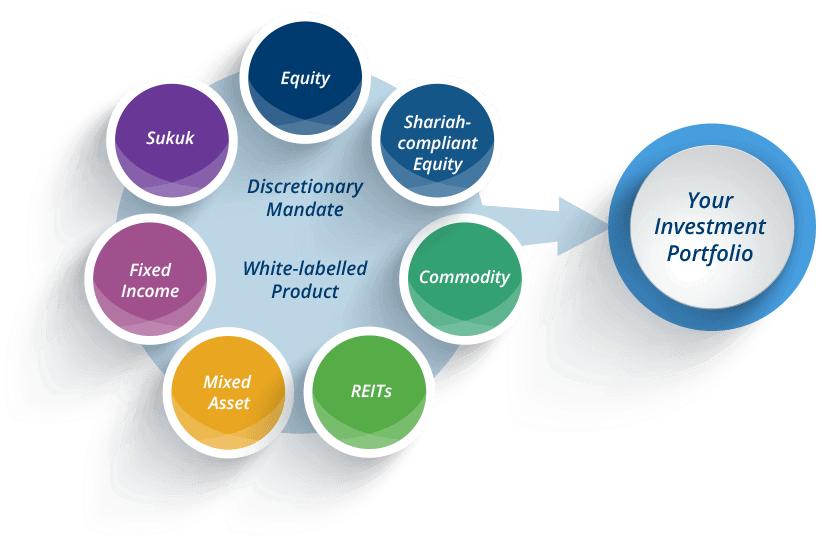Our financial markets are constantly evolving. Therefore, investors need to stay updated on the latest developments, especially those in the stock markets, to ensure investments are properly diversified to shield against losses that may arise due to unexpected movements in the financial markets.
One way to minimize risk and ensure financial goals are met is by maintaining a well-balanced portfolio comprising diversified financial instruments. This piece seeks to inform and educate investors on how to build a stock portfolio and the importance of portfolio management.
What is Portfolio Management?
To understand portfolio management, it is essential to define and understand the term portfolio. Portfolio refers to a collection of financial instruments such as stocks, government bonds, and mutual funds.
Financial assets usually carry two elements of risk, systematic risk, and unsystematic risk. Systematic risk is inherent in the market and cannot be eliminated by diversification. However, unsystematic risk is diversifiable to eliminate risk.
Therefore, holding a collection of unrelated assets enables an investor to eliminate unsystematic risk. With that said, portfolio management refers to the skill of selecting, classifying, managing, and diversifying investments to eliminate risk and to ensure that both short-term and long-term financial objectives are met.
Importance of Portfolio Management
Portfolio managers need to be specialized and well-versed in the different classes of investment assets to ensure optimum client satisfaction. Below are the primary objectives of building and maintaining a well-balanced portfolio.
Risk Management
This is one of the primary goals of portfolio management. Financial instruments expose investors to different levels of risk depending on their nature and characteristics.
According to experts at Money Morning, bonds backed by the government generally carry lower risk than stocks of private companies, which are affected by daily investor activity in the financial markets. To diversify risk, a portfolio manager will need to incorporate uncorrelated financial assets to create a balanced portfolio that reduces risk to the investor.
Tax Planning
Financial assets depending on their nature and investment horizon, attract different amounts of tax. In some countries, government bonds are usually exempt from taxation, making these instruments attractive to investors hoping to lower tax obligations on their investments.
Capital Growth
The ultimate goal of investment is to achieve capital growth and earn a stable return on hard-earned money. An actively managed portfolio offers investors this opportunity while still managing risk to acceptable levels.
Types of Portfolio Management
Portfolio managers classify their services into two major categories: active and passive management. Under active portfolio management, the portfolio manager monitors the performance of investments and takes part in research, analysis, buying, and selling of securities.
Passive management is better suited to operationally efficient markets. In most cases, an actively managed portfolio generates higher returns for investors than passive strategies.
Investors usually have different financial needs where portfolios are concerned. Having a portfolio with balanced investments is an excellent way to earn healthy returns while at the same time keeping your risk exposure at a minimum.



